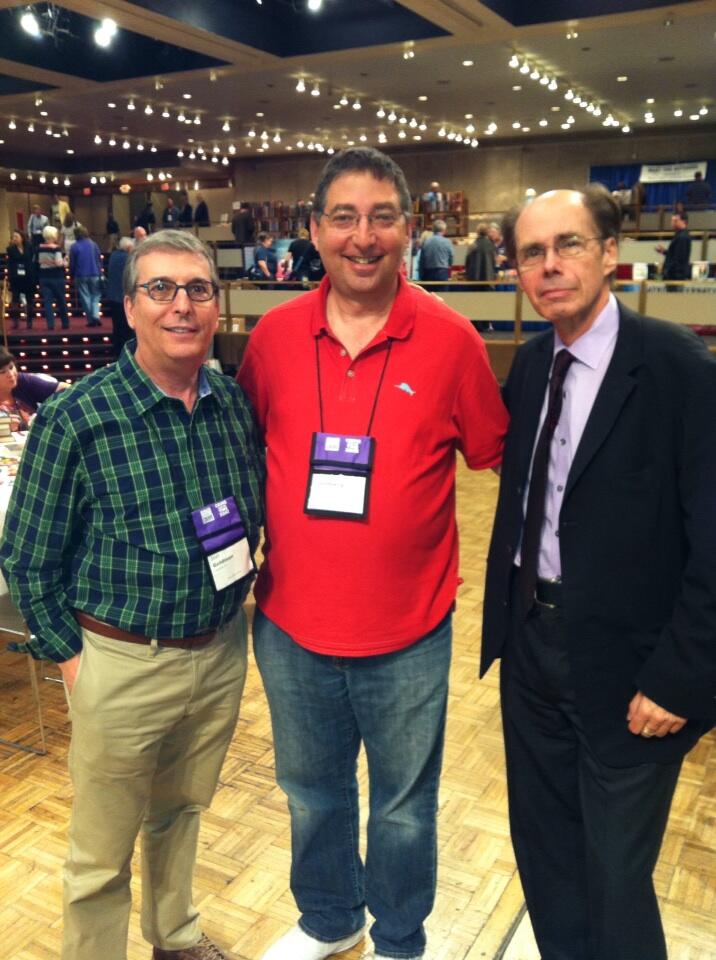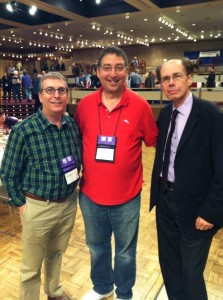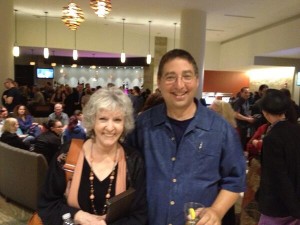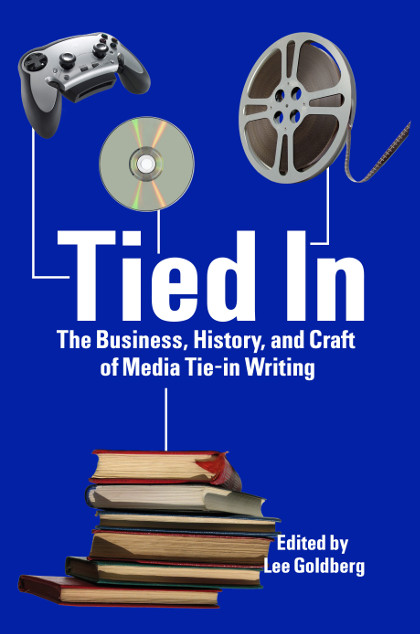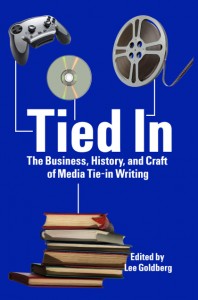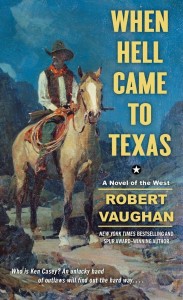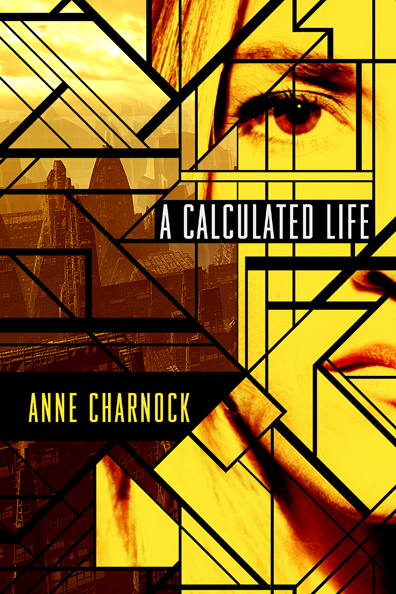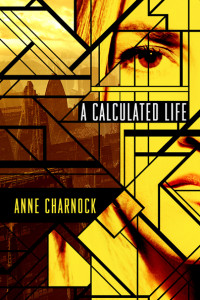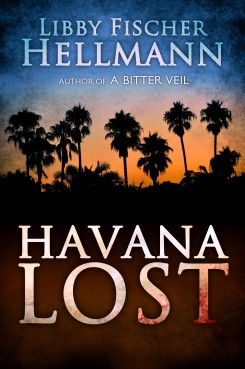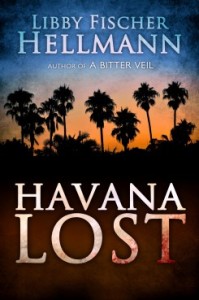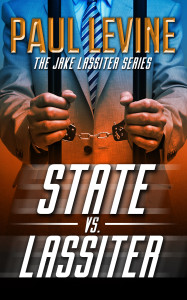 I invited my friend, bestselling author Paul Levine, to write a guest blog about his new book, “State vs. Lassiter,” tenth in his acclaimed series about the former linebacker who became a night school Miami lawyer of dubious ethics. Professing to be too lazy to do a blog item, Paul instead interviewed his protagonist with predictably hilarious results.
I invited my friend, bestselling author Paul Levine, to write a guest blog about his new book, “State vs. Lassiter,” tenth in his acclaimed series about the former linebacker who became a night school Miami lawyer of dubious ethics. Professing to be too lazy to do a blog item, Paul instead interviewed his protagonist with predictably hilarious results.
Paul: You look like you’re still in shape to play for the Miami Dolphins. How do you do it?
Jake: Being fictional helps. By the way, you look like pelican crap.
Paul: You’re just peeved because I got you indicted for murder in the new book.
Jake: I don’t get “peeved.” I get pissed, and when I do, someone gets decked.
Paul: Let me ask you a tough question.
Jake: Take your best shot, scribbler.
Paul: You’ve been called many things. “Shyster.” “Mouthpiece.” “Shark.”
Jake: Careful, pal. They don’t call me a shark for my ability to swim.
Paul: But murderer?
Jake: I’m not bad. You just write me that way.
Paul: Okay, in “State vs. Lassiter,” your client’s money goes missing…
Jake: I never stole from a client, bribed a judge, or threatened a witness, and until this bum rap, the only time I was arrested, it was a case of mistaken identity.
Paul: How’s that?
Jake: I didn’t know the guy I hit was a cop.
Paul: Okay, at the start of the book, you’re having an affair with a beautiful woman who also happens to be your banker.
Jake: So sue me. Women think I look like a young Harrison Ford.
Paul: One keystroke, I’ll turn you into an old Henry Ford. You and your lady are having a fancy dinner on Miami Beach. She threatens to turn you in for skimming client funds, and next thing we know, she’s dead…in your hotel suite at the Fontainebleau.
Jake: Is there a question in there, counselor?
Paul: What happened?
Jake: I take the Fifth. Every heard of it?
Paul: You go on trial for murder.
Jake: Hold your horses. No spoilers!
Paul: “Hold your horses?” What are you, an extra in “Gunsmoke?”
Jake: Sorry if I’m not hip enough for you, scribbler. You won’t find my mug on Facebook. I don’t have a life coach, an aroma therapist, or a yoga instructor, and I don’t do Pilates.
Paul: So you’re not trendy. You’re not a Yuppie.
Jake: I’m a carnivore among vegans, a brew and burger guy in a Chardonnay and paté world.
Paul: You’re a throwback, then?
Jake: If that’s what you call someone with old friends, old habits, and old values.
Paul: May I quote one of the five-star reviews on Amazon.com?
Jake: Do I have a choice?
Paul: “Blend the wit of Carl Hiaasen with the dialogue of Elmore Leonard and throw in John Grisham’s courtroom skills, and you have Jake Lassiter.”
Jake: Makes me wish one of those guys was writing me.
Paul: Bring us up to date. You first appeared in “To Speak for the Dead” in 1990.
Jake: Yeah, and they made a TV movie a few years later with Gerald McRaney. My ass is better looking than him.
Paul: Who should play you in a movie?
Jake: Easy. The Duke.
Paul: John Wayne? You’re kidding.
Jake: “I won’t be wronged, I won’t be insulted, and I won’t be laid a hand on.” Sort of sums it up, don’t it?
Paul: “State vs. Lassiter” is your tenth book. But you’re facing life in prison. Is this the end?
Jake: Not entirely up to me, is it scribbler?
Paul: I’m thinking it’s time you hang up your shingle, no matter what happens in the trial.
Jake: (Reaches across the table and pops Paul with a left jab. Ka-pow!).
Paul: Ouch! What the hell!
Jake: What’s the matter, noodle neck? You don’t think I’d be a good jailhouse lawyer?
(“State vs. Lassiter” is available in paperback at Amazon and Barnes & Noble and as an e-book exclusively at Amazon Kindle. More information on Paul Levine’s Website.)



